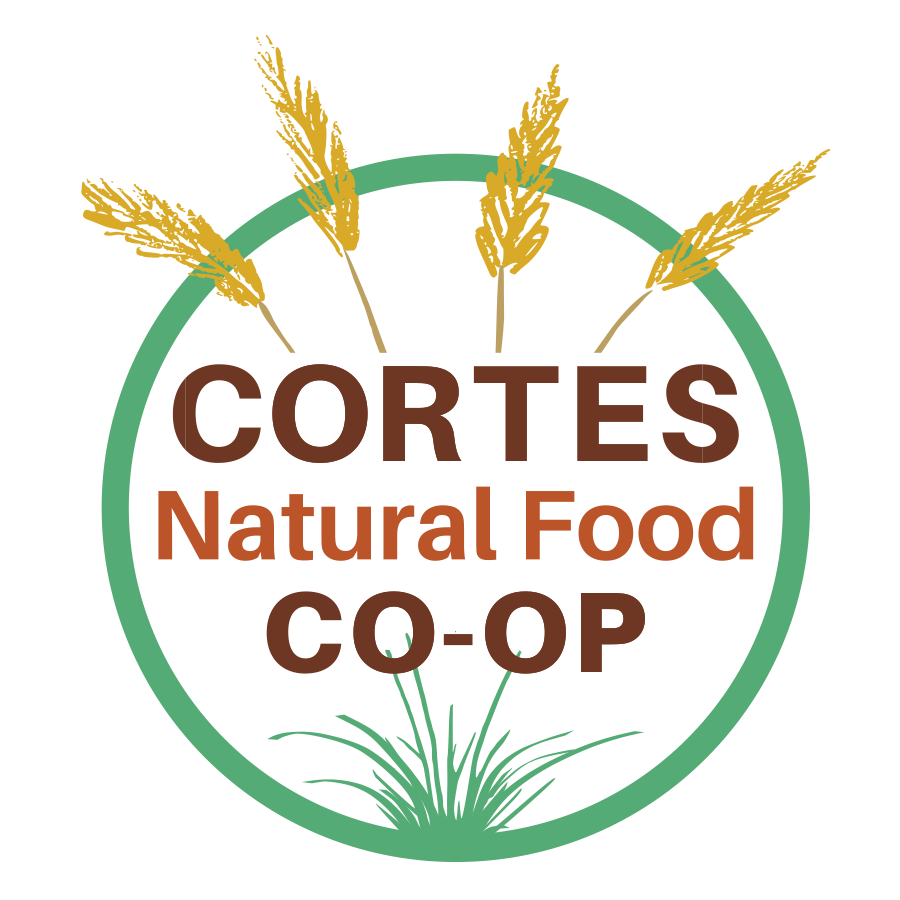In 2017, the government of BC created a commission to establish a fair wage for the province. Based on the plan outlined in their report, the minimum wage has gone up from $10.85 to $13.85 since then. Another increase to $14.60 is slated for June 2020, and the plan calls for a final increase to $15.20 in June 2021. This will make BC the second province (after Alberta) to reach a $15 per hour minimum wage in Canada.
As the minimum wage has gone up, the Co-op has adjusted our wage scale accordingly; as a retail organization, many of our staff start at or just above the minimum wage. This past June, we decided to give all staff a raise of $1 per hour rather than just raise the starting wages. This was a deliberate decision on our part to continue to make staff compensation a priority; the year before, we decided to institute a supplemental health and dental plan for staff working more than 20 hours per week – the Co-op pays for 85% of this plan. Other compensation for our staff includes annual vacation pay, a 10% discount on all purchases, and complimentary food during shifts.
While the BC commission did not claim to be recommending a living wage – just a fair wage – they used some of the same basic criteria in their calculations (for example, in the types of expenses they used to define basic needs). According to Living Wage Canada – a consortium of organizations working to define and institute living wages across the country – a living wage on Cortes Island is $16.59 per hour; the living wage varies across Vancouver Island from $15.28 in the Comox Valley to $17.55 in Nanaimo and $19.39 in Victoria. At the Co-op, our average wage for all departments (excluding management) is about $17.20 (excluding vacation pay); the average wage for the store is about $16.50.
All of that is to say that we’re doing a good job with staff wages. However, it obviously comes with a cost; staff compensation is our second biggest expense behind the food we buy to sell. This past calendar year, out sales exceeded two million dollars and compensation was just over $500,000 – this means we spent nearly 25% of our income for staff. Compare that to 2018 when we spent 22% of our income and 2017 when we spent 20.5% of our income for compensation. In just two years, we’re spending an additional $120,000 on staff. While our sales continue to grow, they’re not keeping pace; this past summer, our net profit was down about $40,000 compared to the previous two years. We’ve kept our other operating expenses down, but this means that the Co-op will show a net loss at the end of the fiscal year for the first time in several years.
Obviously we will have to pay for these increases in wages – now and for the next couple of years as the minimum wage goes up. Businesses have a limited number of options when it comes to making up the deficit, and most have to raise prices in order to stay profitable. We’ve looked at our options for a few months now, and we’ve had to conclude that price increases are a part of the long-term solution. The math shows us the good news though (doesn’t math always bring good news?): for two million dollars in revenue, we only need an extra 2% to make up that $40,000. A price comparison with other stores last summer showed that we are competitive already, and we expect food prices across all stores to go up because we’re all facing the same situation.
Therefore you can expect prices to go up here and there across the Co-op but only by small amounts. We will continue to do our best when it comes to price, quality, and service. And, when you’re paying that little extra at the counter, you’ll know that money is going to your friends and neighbours – the Co-op staff – and our community as a whole benefits as we create more living wage jobs on Cortes Island.



Bobbie-Gene
Thank you for always taking such good care of the staff and making the Co-op a delight to shop at! <3